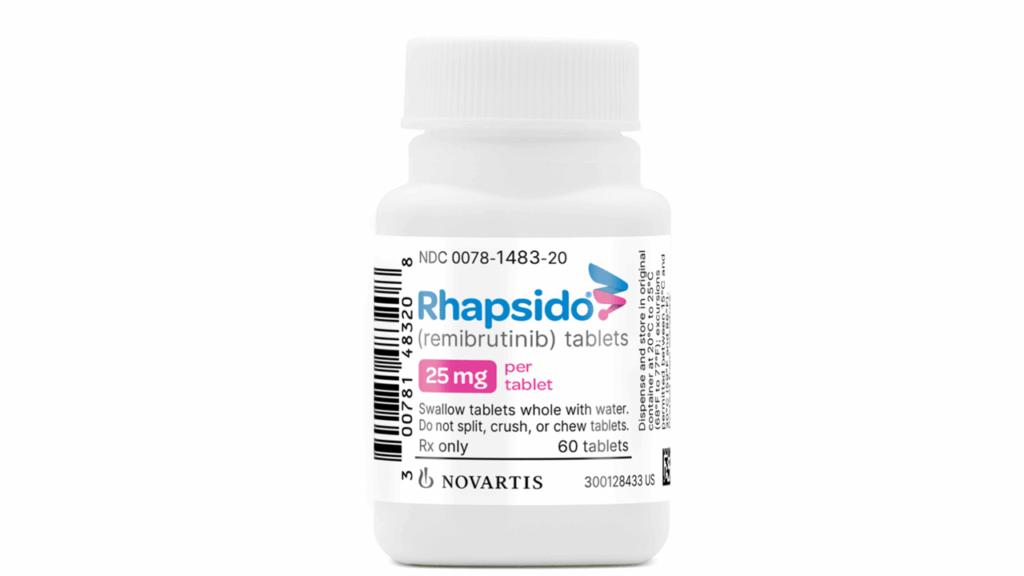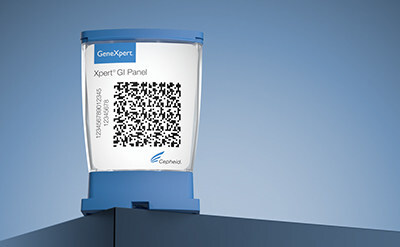Novartis has received FDA approval for Rhapsido (remibrutinib), an oral treatment for adults with chronic spontaneous urticaria (CSU) who still have symptoms despite antihistamine therapy.
This approval is a significant advancement for patients dealing with ongoing hives. It offers the first Bruton’s tyrosine kinase (BTK) inhibitor approved for CSU and is the first oral option that does not need injections or lab tests.
Novartis stated that the decision came from data collected in two Phase III studies. These studies showed rapid and sustained improvements in disease symptoms, sometimes as early as two weeks.
What Is Chronic Idiopathic Urticaria
Chronic idiopathic urticaria is an inflammatory condition driven by mast cells. It is marked by recurring hives, swelling and itching that last for six weeks or more without a clear trigger.
This condition is thought to come from problems in the immune system, involving either allergic (IgE) or autoimmune (IgG) pathways. When activated, mast cells and basophils release histamine and other substances that cause typical skin reactions.
In the US, about 1.7 million people have CSU, and more than half still experience symptoms even at high doses of antihistamines. Diagnosing the condition can take months or years, and it often disrupts sleep, work and emotional well-being.
Injectable biologics are available for patients who do not respond to other treatments, but access and adherence are often limited.
XTALKS WEBINAR: How to Measure Patient Experience in Clinical Studies: Driving Retention, Timelines and ROI
Live and On-Demand: Monday, November 3, 2025, at 1pm EST (10am PST)
Register for this free webinar to learn how maturity assessment, friction mapping and business value modeling can transform patient experience into measurable impact.
Remibrutinib: What It Is and Clinical Trial Performance
Remibrutinib works by blocking the BTK protein, a key enzyme in immune signaling that leads to the activation of mast cells and basophils. By targeting this pathway, the drug helps reduce histamine release and inflammation. This mechanism is different from current antihistamines or monoclonal antibody treatments.
The approval was based on results from the Phase III REMIX-1 and REMIX-2 trials. Both studies looked at remibrutinib in adults with CSU whose symptoms continued despite treatment with second-generation H1 antihistamines. Participants received either remibrutinib or a placebo twice daily for 12 weeks.
At Week 12, the drug met its main and secondary goals, showing better results than the placebo in reducing itch (Itch Severity Score, ISS7), hive count (Hives Severity Score, HSS7) and overall urticaria activity (UAS7).
Patients taking remibrutinib achieved good disease control (UAS7 ≤ 6) by Week 2, and about one-third experienced no itch or hives by Week 12.
Remibrutinib showed a good safety profile, with no need for lab tests. The most common side effects reported in at least 3% of patients included nasopharyngitis (nasal congestion, sore throat and runny nose), bleeding, headache, nausea and abdominal pain.
What’s Next for Novartis and the CSU Pipeline
Novartis stated that the approval of Rhapsido marks an important milestone in expanding treatment options for immune-related and allergic conditions. Company representatives emphasized that an oral BTK inhibitor may help patients manage their symptoms and improve their quality of life, especially for those who have not benefited from standard antihistamines or who want to avoid injections.
Beyond CSU, remibrutinib is being studied for other immune-related disorders, including chronic inducible urticaria, hidradenitis suppurativa and food allergies. Submissions for regulatory approval have also been completed in the European Union, Japan and China, and China has already granted priority review.
In the investigational space, Alys Pharmaceuticals has submitted a clinical trial application in Germany for ALY-301, a mast cell-selective c-Kit inhibitor now entering Phase I/Ib trials for cold urticaria, a related mast cell-mediated condition.
Likewise, Evommune is running a global Phase IIb trial of EVO756, an oral MRGPRX2 antagonist being tested in adults with moderate to severe CSU. Both approaches target different ways of activating mast cells, showing ongoing innovation beyond antihistamines and biologics.
Real-world data underscore the high burden of CSU. A 2025 study in Annals of Allergy, Asthma & Immunology, based on real-world claims data collected between 2014 and 2022, found that nearly 60% of treated patients in the US had uncontrolled CSU, leading to greater healthcare use and higher costs. The share of patients seeing dermatologists doubled, and nearly a quarter lived with multiple comorbidities.
The approval of Rhapsido could offer a new oral option for patients whose disease has remained resistant to standard treatments.
If you want your company to be featured on Xtalks.com, please email [email protected].












Join or login to leave a comment
JOIN LOGIN